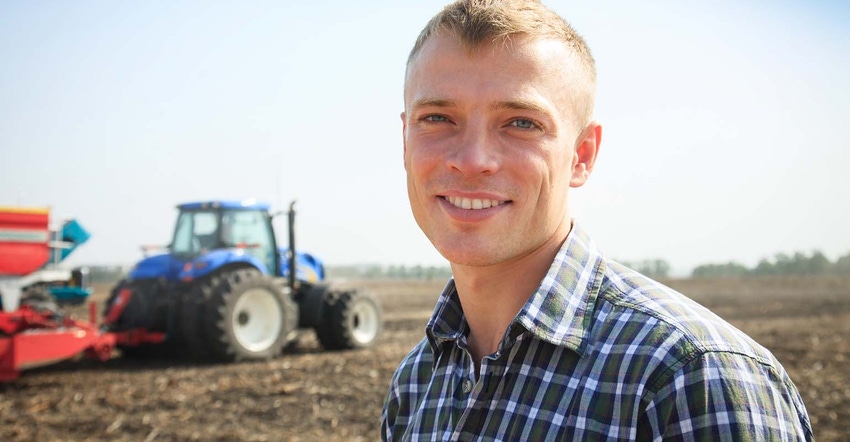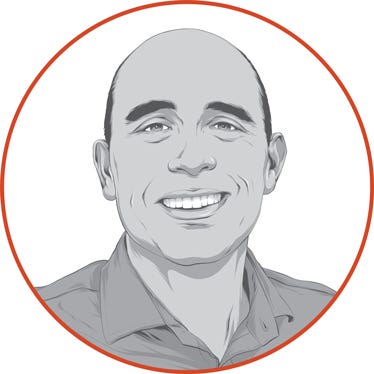
Early in his career, Kansas farmer Lon Frahm made a choice to make his operation as professional as possible. He saw the value in creating a professional farm that is run on business principles and strategies. And now, he’s seeing the benefits of running his farm that way.
Some may dismiss Frahm as an aberration and believe the old familiar ways of leading a farm will always remain. Time will tell, but I believe the American farmer is at a turning point, and there is no going back.
Farming has always been one of consolidation, so that’s nothing new. Farming has always been about raising more bushels, pounds of milk or pounds of beef. That isn’t new. It has always been about using technology to drive efficiencies, so that isn’t new either.
What is new is the professionalization of farming. Farmers are being forced to professionalize their farms by becoming businessmen and women who farm, instead of the other way around.
In the past, great farmers were mainly technicians whose main skill set was technical: how to plant, harvest and fix equipment, for example. GPS, precision ag, stacked hybrids, etc., have all shortened the distance between mediocre and great farmers.
These skills will always be important, but professional farms are adding more tools to the toolbox to stay ahead. Here are some attributes of a professional farm.
1. Balancing leadership with technical skills. The professional farm balances production skills with leadership skills. The farm leader is open to learning management and leadership practices from other industries. These leaders manage their time well, and operate both inside and above the daily whirlwind of activity, depending on what’s needed.
2. Education. The farm leader believes education is ongoing and will spend time behind a desk if it is warranted. Many farmers tell me they make more money behind the desk or in classroom than in the tractor. A strong farm leader does both.
3. Vision. A professional farm has a clear, distinct and compelling vision that is embraced by all. The owner’s vision is put down on paper. It is communicated to all members of the team, as well as advisers. This creates clarity and focus toward a common goal.
4. Hiring for culture and fit. A professional farm spends resources defining its culture, and hiring only those who fit the culture. The farm is not afraid to hire the right person with limited skills because it can train and mentor new hires into star employees. The farm invests in its employees like any other long-term asset.
5. Smart use of leading data. Farmers are awash in data, so more data isn’t the answer. Much of the data on farms today shows what has already happened. The professional farm of the future focuses on leading indicators that drive the lagging indicators. These are often key activities or actions that drive the profit-and-loss statements.
6. Solving issues.The professional farm is good at correctly identifying and focusing attention on difficult but important issues. Many family farms talk about topics that don’t have a large impact on the farm. Or they talk about symptoms of problems, but not the real problem. Professional farms are good at difficult dialogue and are able to quickly solve the problem and keep moving.
Farms of the future will have a balance of professional attributes and technical skills. Other industries have made this transformation, and farming is next. This has been a trend for decades, but it seems to be accelerating as the basic resources of farming — people, finance and land — become more scarce. A professional mindset and activities are truly the low-hanging fruit that someone will pick to elevate his or her farm to more success. Will it be you?
The opinions of the author are not necessarily those of Farm Futures or Farm Progress.
About the Author(s)
You May Also Like






